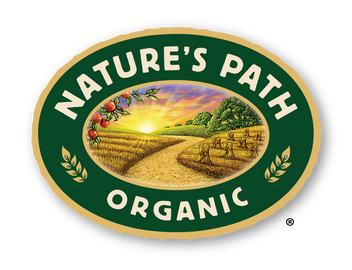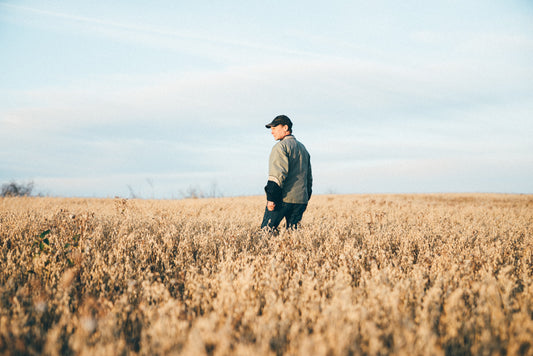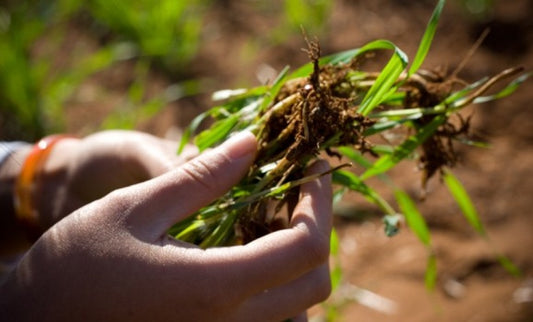As with any kind of budget, spending that exceeds your resources eventually means finding ways to cut back. The
Paris Climate Agreement, written in 2015, was like the first draft of a household budget: an outline of how quickly we are spending, how little we are saving, and how soon our rampant use of resources is expected to have disastrous consequences. While these talks in Paris focused almost exclusively on the energy sector, the elephant in the budget was agriculture, the
second largest contributor to greenhouse gas emissions. Following the 2015 negotiations, however, both the public and private sectors have begun to point to agriculture as an essential culprit and ally in the fight to stop climate change. All of agriculture
feels the impact of climate change in the form of reduced yields and increased costs associated with the effects of extreme weather - so much so that the National Farmers Union (the second largest farm organization in the U.S.)
issued a statement back in April urging the Trump administration not to pull out of the agreement. But the similarities between organic farming and conventional end there. With its reliance on fossil-fuel fertilizers and equipment, as well as its dependency on intensive tilling that releases carbon reserves from the soil, conventional agriculture is the source of many of its own problems. Organic farming, predicated on the addition and re-addition of carbon rich
organic matter to the soil, is a natural-born penny pincer when it comes to the carbon budget. One of the requests the National Farmers Union made in their letter was to increase incentives for carbon sequestration via land management techniques. This would amount to
government subsidized programs that pay farmers to be good stewards of their land: protecting the organic matter levels of their soil, conserving water, and reducing erosion and habitat destruction (to name a few). Organic farming has these incentives built into their farming systems through the
USDA Organic Program, which requires that they follow these practices in exchange for organic certification, allowing them to charge a higher price for their goods. Despite President Trump's decision to back out of the Paris Climate Agreement, many U.S. business leaders, mayors, and governors have pledged to
move forward with their efforts and meet its goals. In his
first public speaking engagement after stepping down from office, former U.S. President Obama emphasized the importance of agriculture and personal choice when it comes to policies such as the Paris Climate Agreement: “When we think about issues like food security or climate change, ultimately politicians can help guide policy, but the energy to bring about change is going to come from what people do every day. It’s going to come from parents who are concerned about the impact climate change may have on their child, from business people who say how can we use less energy or waste less resources in making our products. It’s millions of decisions made individually that have the ability to make changes.” Most of us aren’t farmers, but we all buy food. Supporting organic farmers through your everyday choices is one simple but powerful way to step around the politicians and endorse the global effort to stop climate change.
Read more about our commitment to organic here.
Would you like to be the first to hear about our new products and more? Sign up for our Nature’s Path Newsletter.



